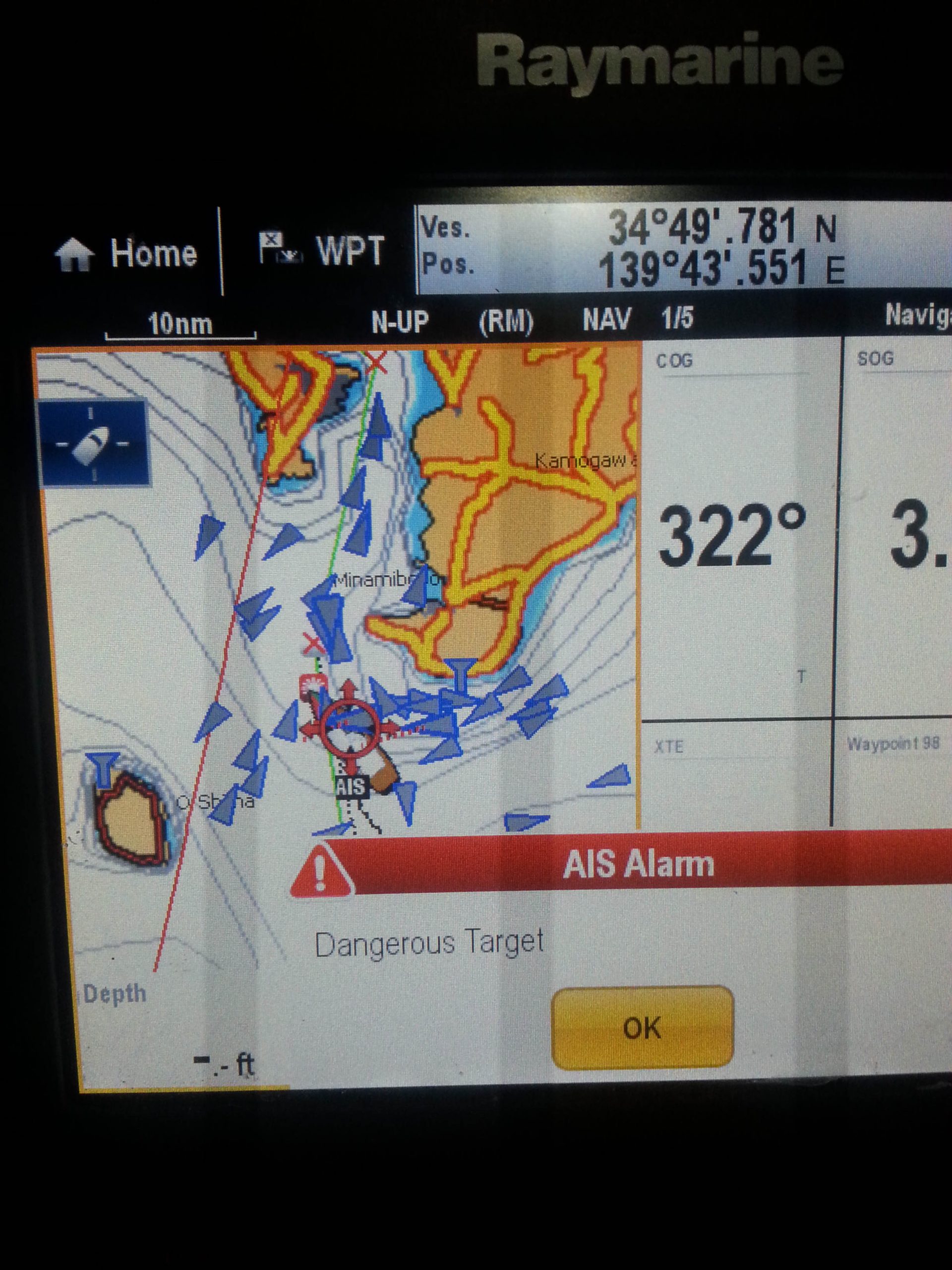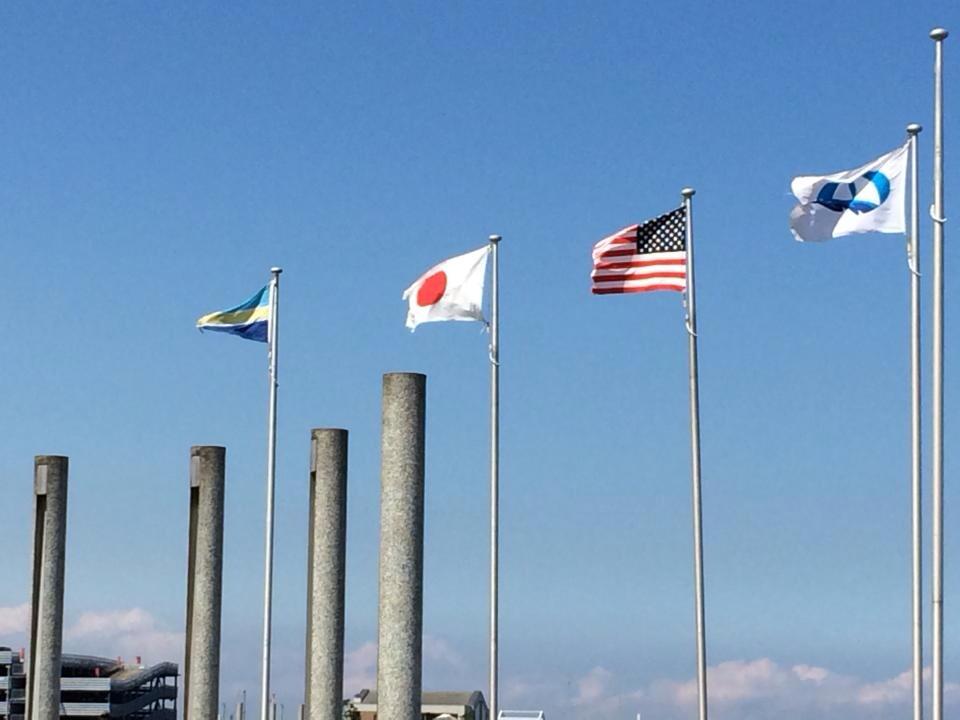Ocean Research Project completes their trans-Pacific ocean plastic survey
Over the last five days of our expedition we were tracking a storm that looked as if it would hit us just as we were crossing the Kuroshio Current. Flowing past the southern coast of Japan, this very strong current is similar to the Gulf Stream off Florida and can be very dangerous to cross. The weather information we were getting differed depending on the source; no two models agreed. By this time it had rained for seven days straight and we were tired, having sailed more than 6,500 miles. We wanted to finish, but we couldn’t cross the current unless it was safe.
As we approached the 55-mile-wide current, flowing at between two and four knots, we still didn’t know what was going to happen. We knew a gale was coming and, in theory, we had just enough time to make it to land. So we went for it. We pushed the boat as hard as possible and made it to the entrance of Yokohama, very happy to be across.
But now we had a new problem. Having not seen another boat for six weeks, we were suddenly surrounded by freighters. There must have been 50 of them and they were moving in all directions. The Automatic Identification System (AIS) signals on the GPS looked like an aerial photo of a mass buffalo migration. It was also the middle of the night, which made the whole experience even stranger. And it didn’t help that I hadn’t slept for three days.

© Ocean Research Project
As the sun rose in the sky we could clearly see the Japanese mainland. With daylight came new energy and a feeling that we had overcome most of the obstacles in our path. Now we just had to find Bayside Marina. After 63 days at sea and with 6,850 miles behind us, we finally made it, tied off and could relax.
The fun part is over; now the lab work begins. The samples we collected will be shipped back to Maryland, where Nikki will work on them at the Baltimore Underground Science Space laboratory (B.U.G.S. for short). For the next few months she’ll be analysing the samples with help from our interns, comparing the information with that of other institutes and writing a scientific paper.
It’s not plastic that’s the problem; plastic is actually an incredible material. The problem is that plastic goes into items we use only once and then throw away. We know that plastic can take hundreds of years to decompose, so why in the world do we use this material for so many items that we discard so quickly? It’s because it’s cheap and convenient and we’re obsessed with things being cheap and convenient. This is at the root of the problem. Take recycling in Annapolis, a well-to-do town. Not a single yacht club in Annapolis recycles; nor do most of the restaurants. Can you imagine how much waste one restaurant in Annapolis produces in one night, let alone all of them? I once did a talk in a National Public Radio building and there was no recycling done in the building at all. It’s not that people or businesses don’t care; it’s because recycling costs money and takes time. People spend vast amounts of time and money acquiring meaningless material possessions, yet won’t spend a little time trying to manage the waste they create.
The result is that only 8% of the plastic produced is recycled. The companies that make plastic understand the problem but don’t want to spend time and money making and promoting more bio-degradable plastics for single-use items. The issue of plastic trash in our oceans starts on land. It’s completely within our power to solve this problem, but only if we are willing to spend a little time and money.
Thank you for following our expedition and a big thank-you to the Save Our Seas Foundation! We couldn’t have done our research without its help.
We sail for science, education and exploration.
For more information about Ocean Research Project, please check out our website www.oceanresearchproject.org and like us on Facebook.



